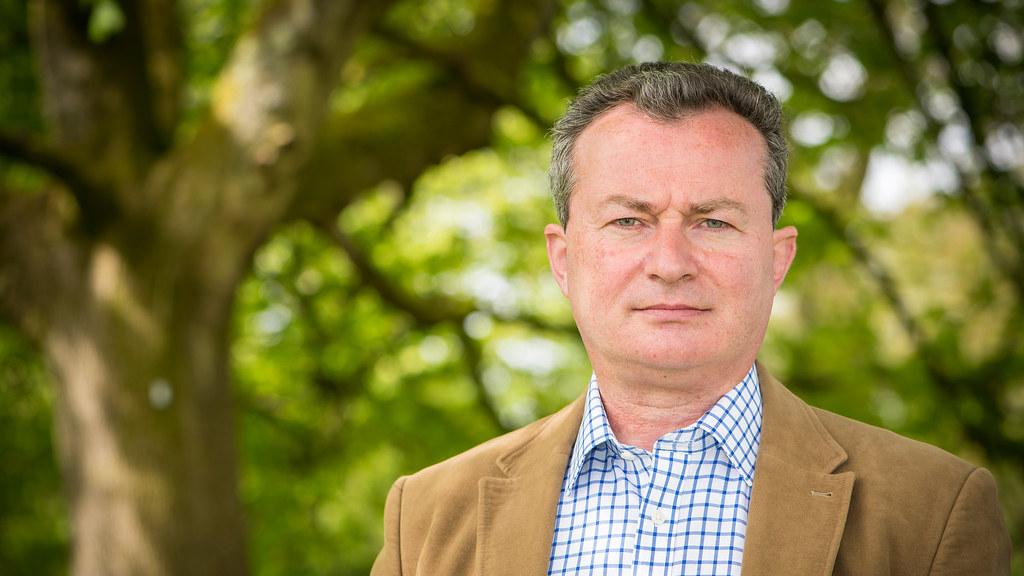Professor Laurence Hurst, Director of the Milner Centre for Evolution at the University of Bath, has been recognised for his world-leading research into genetics and evolution with a prestigious Humboldt Prize.
The Humboldt Prize, also known as the Humboldt Research Award, is an award given by the Alexander von Humboldt Foundation of Germany to internationally renowned scientists and scholars who work outside of Germany in recognition of their lifetime's research achievements.
Named after the Prussian naturalist and explorer Alexander von Humboldt, recipients of the prize are academics whose “fundamental discoveries, new theories or insights have had a significant impact on their own discipline and who are expected to continue producing cutting-edge academic achievements in the future".
Prof Hurst, who has been Professor of Evolutionary Genetics at the University of Bath since 1997, is one of the most highly cited evolutionary biologists in Europe, who has authored more than 300 research papers.
In 2014, he made the first discovery of “naïve-like” stem cells, the so-called “Holy Grail” of stem cell science, which can be turned into any other type of cell.
He also helped set up the Milner Centre for Evolution in 2018 to use evolutionary science to solve global challenges, as well as improving the public engagement with and teaching of evolution in schools.
He became an elected member of the European Molecular Biology Organization (EMBO) in 2004, was awarded the Scientific Medal of the Zoological Society of London in 2003 and the Genetics Society Medal, by the Genetics Society in 2010.
In 2015 Professor Hurst was elected a Fellow of the Academy of Medical Sciences, won the Publication of the Year Prize from the German Stem Cell Society and was elected a Fellow of the Royal Society, the highest scientific honour in the UK.
He was the President of the Genetics Society from 2018-21 and has been Director of the University’s Milner Centre for Evolution since its foundation in 2018.
At Bath, he has previously been awarded the Vice-Chancellor’s research award and also recognised for training and mentoring the next generation of scientists with the inaugural Excellence in Doctoral Supervision Prize.
Professor Hurst will receive €60,000 in prize money and intends to use this in part to fund a visit to his colleagues at the Max Delbrück Centre in Berlin next spring, with whom he collaborates to use knowledge of how genes and genomes evolve to improve medicine.
Professor Hurst said: “I am delighted and honoured to have my research recognised in this way.
“Evolution is the fundamental bedrock of biology – it not only explains the complexity of the living world around us, and how things came to be that way, but can also be applied to global challenges we face today, such as fighting antibiotic resistance, increasing biodiversity and improving medical treatments for cancer and rare genetic diseases.
“I have several well-established and very fruitful research collaborations with colleagues in Germany and so this award means a lot to me.”
Vice-Chancellor and President of the University of Bath, Professor Ian White said: “I would like to congratulate Professor Hurst on this most prestigious award, which rightly gives full international recognition to his world-leading research on the evolution of genes and genomes.
“His work at the Milner Centre for Evolution established Bath as an international centre of excellence for evolution research and I look forward to seeing how his findings will translate into advancing medicine.”

